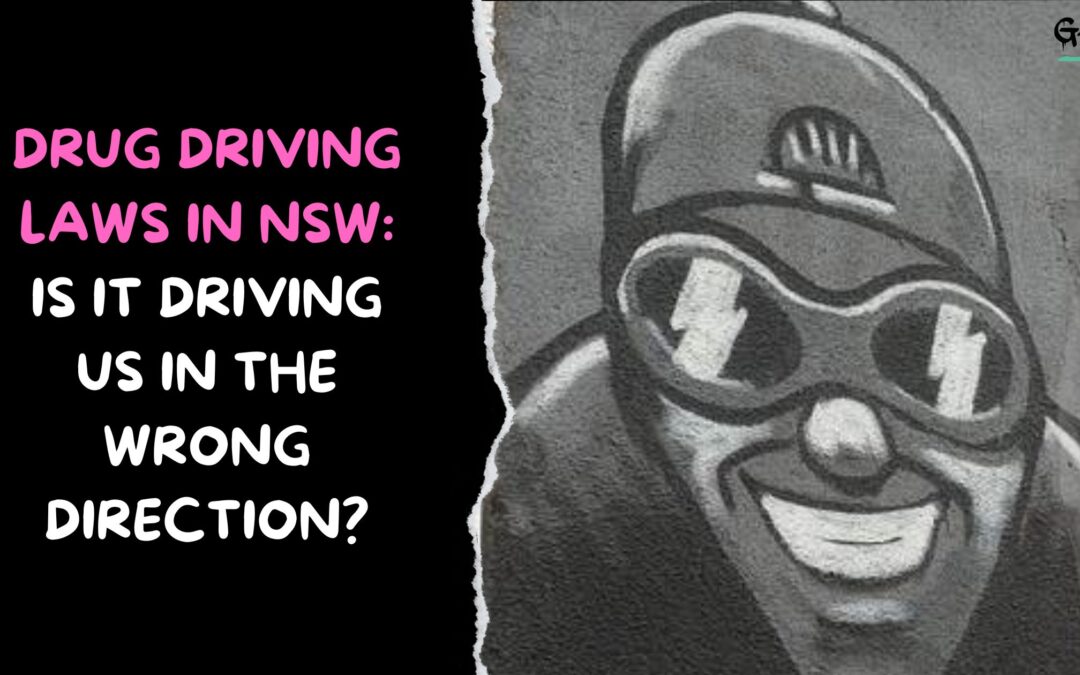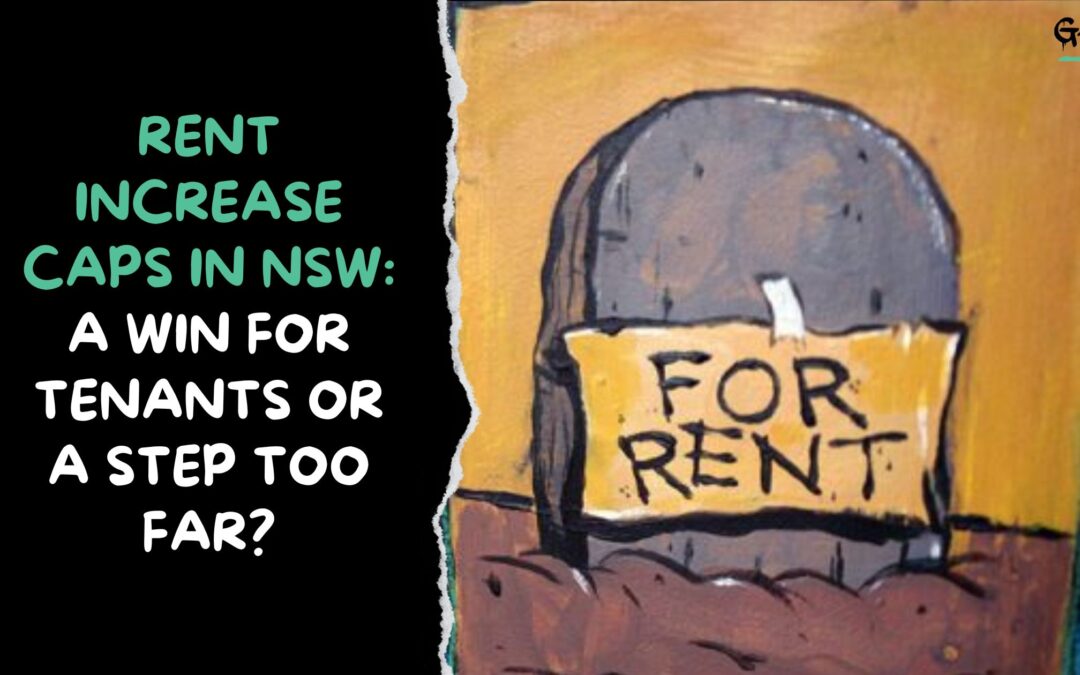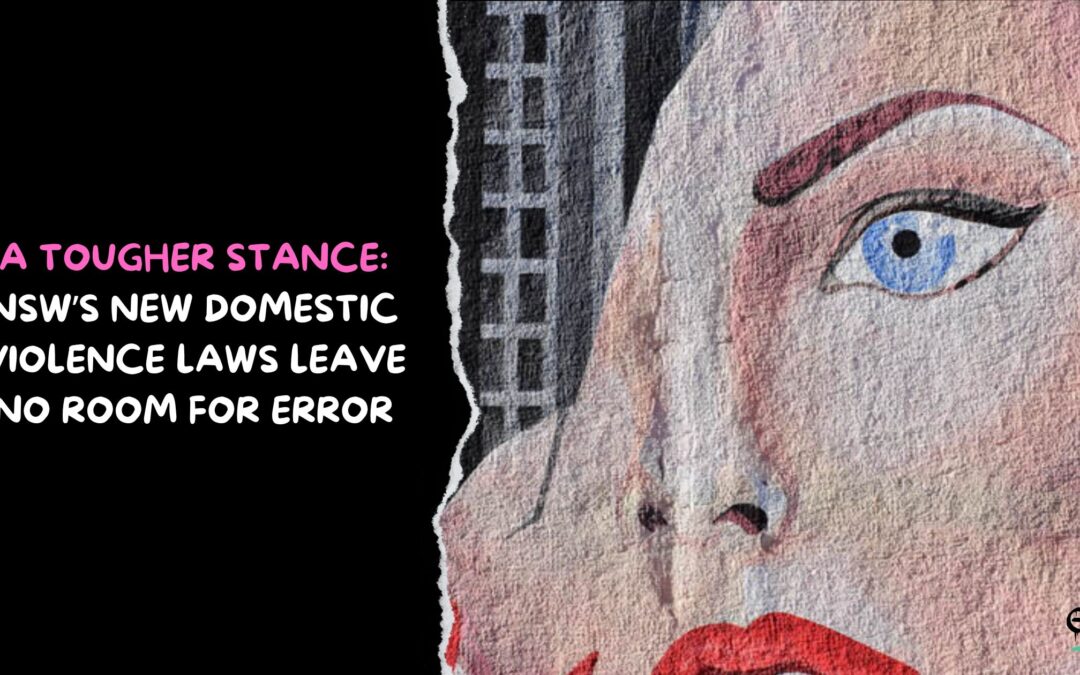A woman, identified as Rachel Ellem, who is accused of stabbing two strangers while they were taking a group photo outside a bar in Parramatta last Wednesday, has spent the weekend in custody. This decision follows her refusal to appear in Court from her cell for her scheduled appearance at Parramatta Local Court last Friday.
Ellem, aged 30, is facing charges related to intentionally injuring the two men. Her arrest took place on Wednesday following the alleged incident at the venue, at around 9:40 pm. At this location, two men, aged 52 and 58, allegedly sustained stab wounds on their necks, upper torsos, and arms. These injuries occurred while they were posing for a group photo with friends. Ellem, who was not acquainted with them, reportedly refused to leave when asked by security, and she allegedly brandished a knife, attacking the two men.
Both victims received medical attention from paramedics and were transported to Westmead Hospital in stable condition. Ellem was also taken to the same hospital for her injuries, following which she was escorted to Merrylands police station and charged with two counts of causing grievous bodily harm with intent to murder.
During her Court appearance, she remained in her cell, with corrective services officers indicating that she would have to be forcibly removed. However, Magistrate Derek Price inferred it was unnecessary and adjourned the case, after refusing Ellem bail.
Grievous Bodily Harm with the Intent to Murder
In NSW, committing an act to a person with intent to murder is an offence under section 27 of the Crimes Act 1900 (NSW) (‘the Act’). A person guilty of this offence is liable to imprisonment for 25 years.
When is a person guilty of intent to murder?
A person is guilty of the offence if the prosecution proves beyond a reasonable doubt that:
- You administered poison or any other destructive thing to a person, or you otherwise caused such a substance to be taken by the person, or you wounded or caused grievous bodily harm to a person; and
- You intended by doing so to murder the person.
What is Grievous Bodily Harm?
Grievous bodily harm is defined under the Act as ‘really serious harm’, it includes, but is not limited to:
- Any permanent or serious disfigurement; and
- Any grievous bodily disease; and
- The destruction of a foetus, other than by a medical procedure
Consequence of Refusing to Appear in Court or Failure to Comply with a Court Order
A contempt of Court is an act that has the tendency to interfere with or undermine the authority, performance, or dignity of the Court or participants to the proceedings. The offence is governed by section 24 of the Local Court Act 2007 (NSW) and section 199 of the District Court Act 1973 (NSW), which carries a maximum penalty of 28 days in prison and/or a fine of 20 penalty units. Contempt charges relating to the Supreme Court are contained in Part 55 of the Supreme Court Rules 1970 (NSW).
A person is found guilty of this offence if their conduct was intentional, and had the tendency to interfere with, or undermine the authority, performance or dignity of the Court or participants to the proceedings.
Appearing in Court is a standard bail condition and the consequence of failing to do so can result in bail being revoked or worse. It is often a requirement of bail to attend Court on your next Court date, but other conditions can also be imposed, such as reporting to the police or having a surety deposit to guarantee your attendance.
Contact Green & Associates Solicitors on (02) 8080 7585
Charges relating to murder, intention to cause GBH, or assault is taken very seriously by the Courts. At Green & Associates, we work with all kinds of clients who have been charged with criminal offences ranging from less serious ones such as minor drug possession or drink driving to more serious ones such as armed robbery or murder.
Our team has worked on complex trials, matters pushing the creation of new precedents and even matters in the High Court. We have the knowledge, skills and experience that allows us to approach charges of all types with ease and transparency, to alleviate anxiety and achieve the desired result.




